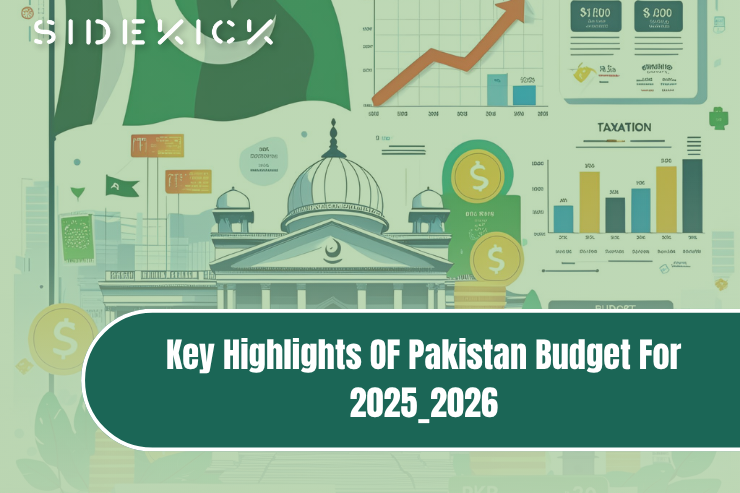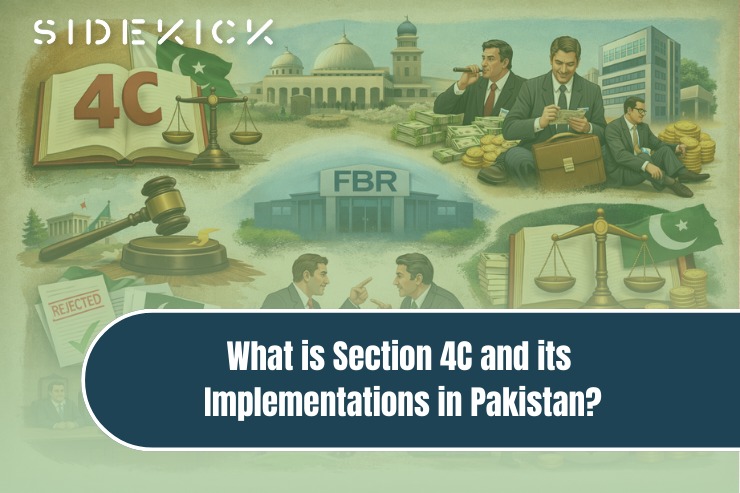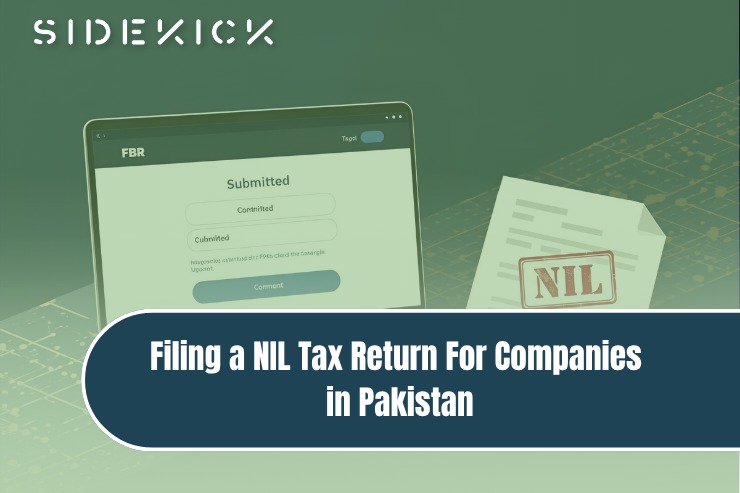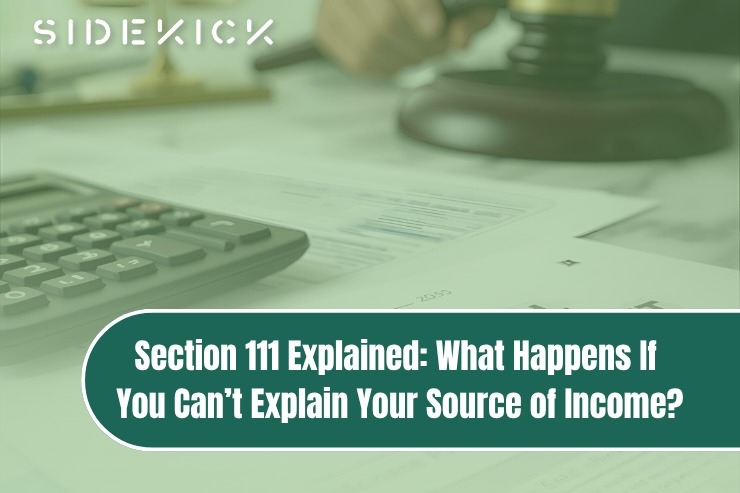The 2025-2026 Budget announced by the Government of Pakistan is highly focused on raising revenue, controlling inflation, and expanding the tax base to include more people. As an employee paid by salary, freelancer, entrepreneur, or property investor, your financial plan this year will be impacted by this year’s budget.
This article will provide a simplified rundown of the most important changes, particularly the taxes, and how you can stay ahead of the curve with the appropriate tax management strategies.
Income Tax Changes – Salaried Individuals
When you are a salaried citizen, the news is good, as your income tax is lower. This is the government’s response, which serves as a form of relief from inflation.
What’s new:
- Income up to Rs 600,000/year remains tax-free.
- Rs 600,001 to Rs 1.2 million: Reduction of tax from 1% down to 5%.
- Rs 1.2 million to Rs 2.2 million: Changes in taxation in reducing the tax from 15% to 11%.
- Over 2.2 million: Tax rates are reduced a little bit, and the amount of the fixed tax is decreased.
What does it mean:
You end up having more money left in terms of your salary each month. Suppose you are making approximately 100,000 rupees a month. You may end up saving as much as 6,000 rupees a month as opposed to last year.
Tip: Have your employer make the necessary revisions to your tax deductions. A tax advisor can make a difference to ensure you do not overpay.
Income Tax – Freelancers, Traders, and Non-Salaried Individuals
For independent professionals, freelancers, shopkeepers, and small business owners, the government has imposed higher tax rates than for salaried individuals.
Key Tax Brackets:
- Income of up to Rs 600,000: Exempt still.
- Rs 600,001 to Rs 1.2 million: 15% tax.
- Higher earnings: The charge can be as high as 45%.
This gap in rates suggests that the government aims to encourage more individuals to enroll as salaried workers, report their income legally, and be active taxpayers.
Tip: If you are a freelancer or shop owner, maintaining proper records of income is more crucial than ever. A tax advisor can assist you in claiming deductions and minimizing tax legally.
Curious about changes in taxes or subsidies for 2025–26?
Get in Touch
Fill out the form below, and we will be in touch shortly.
Real Estate & Property Tax Changes
This year’s budget proposed several changes impacting individuals who own, purchase, or sell property:
- The advance tax has increased on the sale and purchase of property, particularly for non-filers.
- 5% Federal Excise Duty (FED) has now been imposed on plot transfers.
- Real property is no longer a tax haven for tax avoidance—profits are taxed more strictly.
Tip: Selling a plot or buying a property? Engage a tax professional to estimate your effective liability, so you are not taken by surprise with hidden deductions.
Agricultural Income to be Taxed
Income from agriculture would be brought within the tax bracket for the first time, starting with the next fiscal year. This sector will be required to pay taxes, unlike before, when it was exempt from taxation. It will have to face registration and income payment, particularly for large landowners.
Tip: If you make money through farming, start planning. Keep records of your crop sales and costs. A tax planner can assist you in planning your income cleverly.
Retailers, Wholesalers & Small Business Tax
Advance withholding tax has been raised on the wholesalers, retailers, and distributors:
- The current rates of deduction have been significantly increased for non-filers, including a maximum deduction of up to 2.25% on purchases.
- The penalties and rates are reduced for the filers who are registered.
Tip: In case you own a store or a wholesale business, tax filing can save you. Going from a non-filer to a filer can save you plenty of money.
Customs & Sales Tax Updates
Sales Tax:
- There is still an 18 percent general sales tax.
- The services are still taxed at 15-16%, based on your province.
Customs Duties:
Cut down thousands of imported goods to promote domestic companies and reduce inflation.
Tip: Are you an importer of goods or a seller of taxable services? Now that you have increased your awareness of GST, make sure you know how it applies to you. An advisor can help you avoid overpayment or coming up short of credits.
Federal Excise Duties (FED) – What Got Costlier
Even some common and luxury products are now subject to higher excise duties:
- Cement: Rs 1/kg increase
- Sugar: Rs 15/kg FED added
- Airline tickets: Higher FED—economy class Rs 7,500, business class Rs 30,000+
- Tobacco & nicotine pouches: New excise duties added
Tip: These are indirect taxes, and they would be a part of your monthly budget. Think of tax-efficient investments in case you happen to be in one of these businesses.
Withholding Taxes (WHT) – Penalty for Non-Filers
Withholding Taxes have increased, especially for individuals who have not deposited their tax returns:
- Introduction of taxes on the transactions made by banks, property, vehicles, and investments
- Lower withholding taxes are paid by active taxpayers (filers)
- Non-filers may lose more than 30% on taxes in their normal transactions
Tip: You are probably losing money if you are not on the Active Taxpayer List (ATL). To be a filer, you should file returns even if no payment is due.
New & Special Levies Introduced
Some new taxes added to the modern ones came out this year as well:
- Digital Presence Tax: On companies that serve online or work off-site
- Carbon Levy: On gas products (these levies can lead to higher petroleum products costs)
- Electric vehicle adoption levy: for certain models
Tips: They may not be relevant at the current stage, but by being aware of them, you will better plan your future finances in case you happen to work in the tech or transport industry.
Need Help with Your Taxes? Sidekick Has You Covered
Sidekick will become your best partner in the management of your taxes when operating in a shifting tax regime in Pakistan. You can be a salaried worker, freelancer, representative of the business world, or property investor, and their team of experts will make the process of tax filing and planning easy, fair, and without stress.
Whether it is registration of the NTN and income tax returns to sales tax payments, FBR flows, and even withholding tax deductions, Sidekick makes you compliant and earns you money. They also enable you to be an active filer and help you to get many of your taxes waived. They also open a gate of benefits on bank transactions, vehicle purchases, and property business.
Final Thoughts: Make the Budget Work for You
These are significant changes in the Pakistan Budget 2025-26: the amount you earn, save, and pay taxes. Although there is a sigh of relief for salaried individuals, others will have to be watchful, particularly freelancers, businesspersons, property owners, and non-filers, as this is likely to result in unexpected deductions. Understanding their changes is the first intimidating step. Yet, all you need to do is manage them properly to preserve your budget.
Whether it’s submitting on time, being a responsible taxpayer, or making wise decisions when it comes to large purchases, it doesn’t matter what the case is. Working with a trustworthy and experienced advisor like Sidekick is the difference you need. Wait until the part about tax catches up with you, get the advice you require, and make this budget work on your side.







